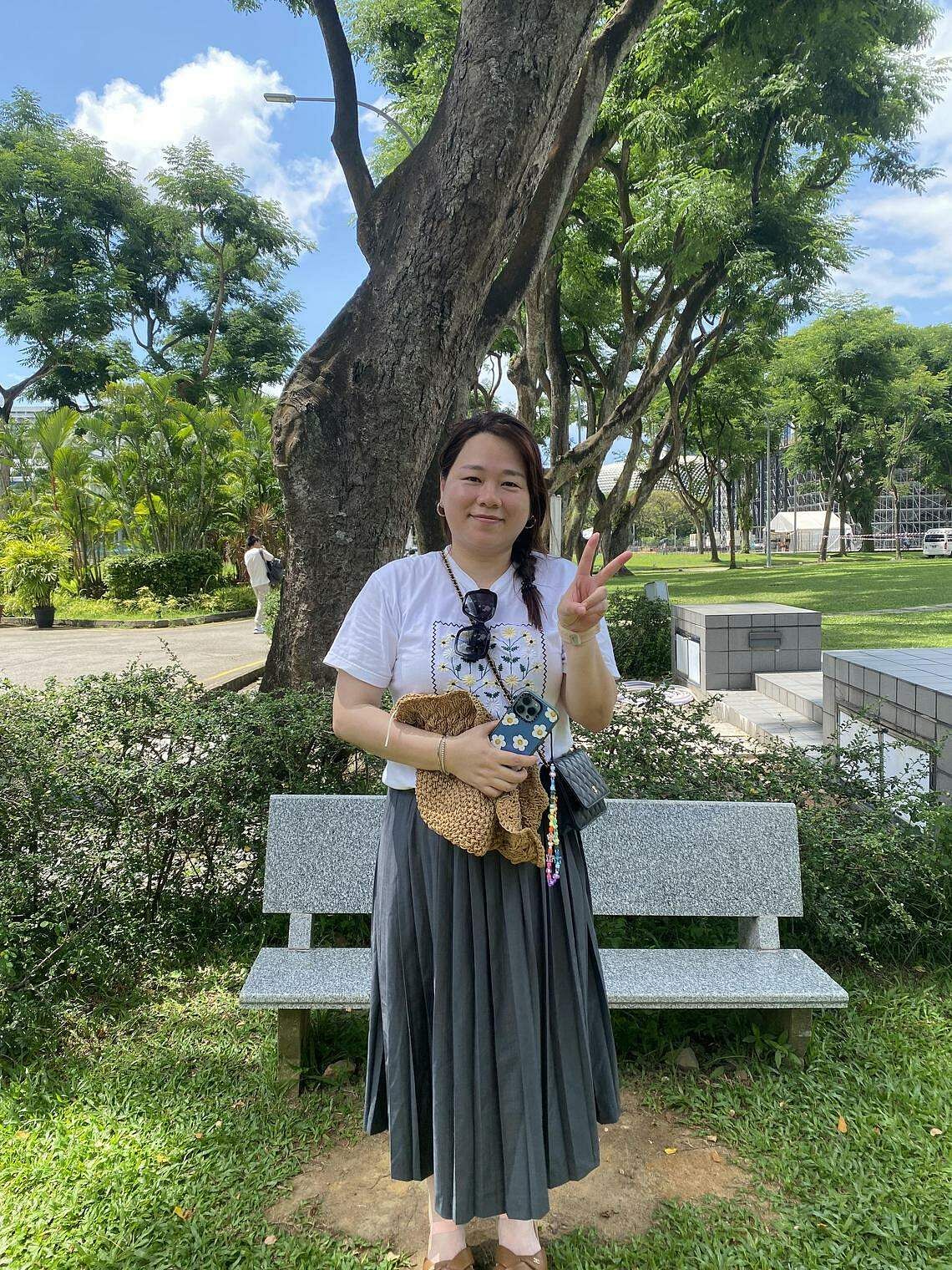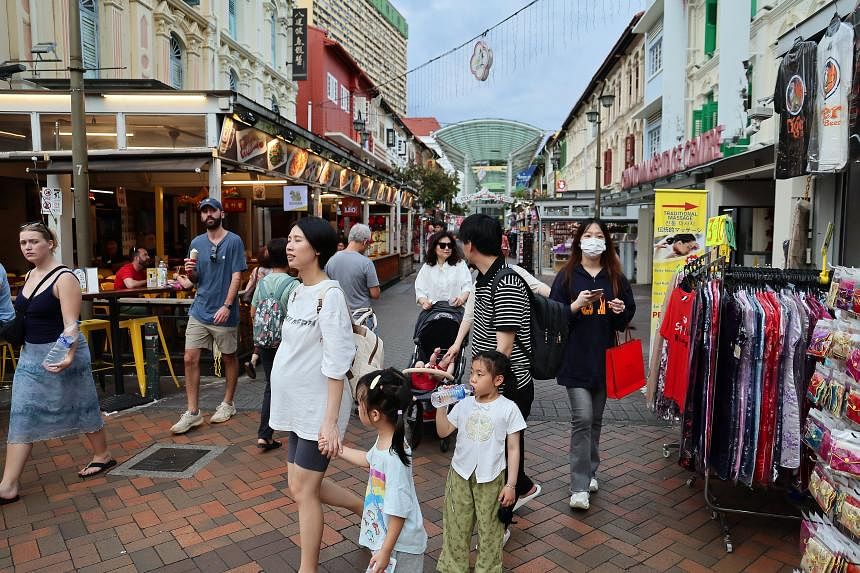SINGAPORE – The post-pandemic return of Chinese tourists to Singapore surged during China’s five-day May Day holiday that started on May 1, with tour operators reporting that arrival numbers rose by at least 20 per cent during the period.
Trip.com Group, which operates Ctrip, the largest online travel agency in China, registered a 20 per cent increase in flight bookings to Singapore for the period of May 1 to May 5, compared with the same period in 2019.
“The removal of visa requirements that took effect in February is certainly a major contributing factor to the return of Chinese tourists to Singapore,” said Trip.com Singapore general manager Edmund Ong.
Chinese travel firm Tongcheng Travel said international flight and hotel bookings to Singapore through its online platform for May’s “Golden Week” holiday more than doubled year on year, according to a spokesperson for the company.
Meanwhile, travel booking site Klook said it observed an increase of over 80 per cent in Chinese traveller bookings for experiences, which include attractions and tours, and hotels for the period of May 1 to 5, compared with the five days prior.
The Singapore Tourism Board (STB) said visitor arrival figures for the first week of May were not yet available.
Mr Andrew Phua, STB’s executive director for Greater China, said: “As outbound travel from China and flight connectivity continue to pick up, the recovery of Chinese visitor arrivals and spending in Singapore should follow.”
Mr Phua noted that the 30-day mutual visa exemption between Singapore and China, which took effect on Feb 9 before the Chinese New Year holidays this year, will “also continue to increase Singapore’s attractiveness as a tourist destination for Chinese visitors”.
Before the visa scheme, Chinese citizens required a visa to enter Singapore, while Singaporeans holding ordinary passports enjoyed a 15-day visa waiver.
Visitorship from China recovered to near pre-pandemic levels in February 2024. Mr Phua said the figure was approximately 327,000 – 96 per cent of February 2019’s arrivals.
First-quarter arrivals from China in 2024 stood at 786,000, with tourists staying an average of 3.92 days, he added. In comparison, STB figures show that Singapore saw 960,000 incoming Chinese visitors in the first quarter of 2019.
STB’s efforts to attract Chinese tourists have included a 33-hour live-stream countdown to Taylor Swift’s concert in Singapore in partnership with Universal Music China Group and Chinese video-sharing site Bilibili.
Mr Phua said that STB also collaborates regularly with personalities and influencers, and will continue to do so, “to establish Singapore as a top-of-mind destination”.
Taiwanese diva A-Lin’s concert in Singapore on May 4 likely drew more Chinese tourists to Singapore as well.
Anecdotally, travel operators in Singapore have seen an uptick in Chinese visitors for the Labour Day holiday, compared with a month earlier.
Oriental Travels and Tours CEO Stanley Foo said tour bookings from Chinese tourists rose about 30 per cent during the five-day holiday, while EU Holidays director Fiona Ma said there was a 30 to 50 per cent increase in group tour bookings from Chinese tourists for the Labour Day holiday period.
Chinese tourists travelling to Singapore appear to have a preference for small-group travel and customised itineraries, said STB’s Mr Phua, citing key pandemic trends observed in China’s domestic tourism market.
Mr Foo said that generally, tourists from China tend to be families or couples who usually tour Singapore for two to three days, and are drawn to popular attractions like Gardens by the Bay.
They often visit other South-east Asian countries, and “Singapore-Malaysia-Thailand is almost a standard route for many of them”, he added, noting that these countries also have visa exemptions for Chinese tourists.
Similarly, Ms Ma said Singapore was often the first point of arrival for many of these groups, who often go on to visit Malaysia or Indonesia before returning to Singapore, and returning to China from here.

Tour groups are spending fewer nights in Singapore compared with prior years. “(This) could be due to the strength of our currency against our neighbour Malaysia,” she said.
While Singapore is now more expensive to visit, the Chinese tourists that ST spoke to were drawn to the island for various reasons.
Mr Jacob Chen, 27, who was in town for five days from May 2, said it was his first overseas trip, and he chose Singapore because many people here can speak Mandarin. It is also a safe destination to visit, he added.
Mr Chen, who is from Shenzhen and works in information security, particularly enjoyed the island’s greenery. “Singapore is very beautiful. There are so many trees everywhere along the roads, and so many parks.”
Ms Fion Chen, a bank clerk in her 40s from Shenzhen, was here mainly to sightsee. “Singapore is very nice, but it is hot. While it is also hot in China, it is even hotter here,” she said, adding that she was wary of getting sunburnt.

